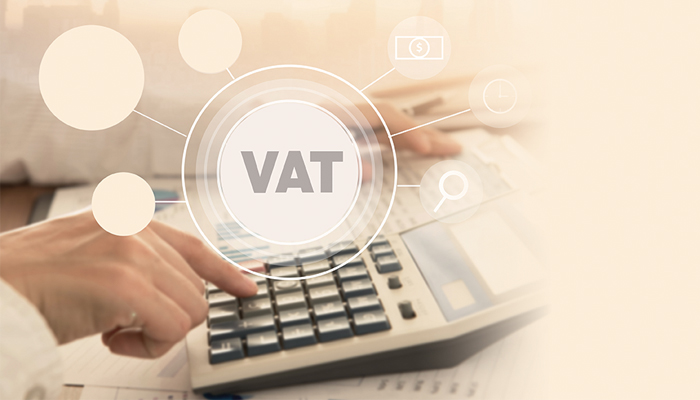

Muscat: Oman has envisioned a series of strict penalties for violators of the Value Added Tax (VAT) that will be effective from April 16 this year.
The Tax Authority has said that the minimum penalties stipulated are imprisonment for a period of not less than two months, or a fine that is not less than OMR1,000, the maximum penalties reach imprisonment for three years and a fine that does not exceed OMR20,000, and in the event of recurrence, the court may double the fine, and increase the legally prescribed maximum penalty for imprisonment by more than half of this limit.
In the event that the tax payment is delayed, the law imposes a rate of one per cent of the value of the unpaid tax for each month of delay or part thereof, starting from the end of the specified period for payment and up to the date of payment.
The law has mentioned 17 cases in Articles 100 and 101, and it includes cases of wilful failure to implement some of its provisions, cases of providing incorrect data and documents, and cases of doing what would hinder the employees of the Tax Authority or who are required to carry out their duties.
The VAT law stipulates a package of goods and services that are subject to zero tax, mainly food commodities, medicines and medical supplies on which a decision is issued by Head of Tax Authority; gold, silver and platinum for investment purpose; international transport services and intra-state transport of goods or passengers and the supply of associated services; supplying means of sea, air and land transport for commercial purposes; supply of goods and services associated with transport; supply of rescue and aid/relief aircraft and vessels; the supply of crude oil, oil derivatives and natural gas and the supply of goods.
Value Added Tax is an indirect tax on consumption of domestic or imported goods and services, and it is applied in more than 160 countries around the world. According to the Unified VAT Agreement for the Arabian Gulf Cooperation Council (AGCC) States, the basic tax rate imposed is five per cent.
“The fiscal balance plan and other measures that have been taken, including the VAT, are steps in the right direction, but still not sufficient enough,” Murtaza Hassan Ali, a businessman, speaking exclusively to Times of Oman, said about the VAT.
“These measures will help to improve Oman’s evaluation by the international sovereign rating agencies like Moody’s, S&P, and Fitch. The government is also trying to manage foreign debt, which has increased. The plans will enhance the confidence of global financial institutions in the government’s seriousness in reducing spending and controlling huge debts.”
“The exclusion of the VAT for basic goods, as well as the exemption of some goods and services from the tax at a rate of zero percent, is also indicative of the government’s interest in the importance of taking into account those subject to the VAT,” Simon Karam, the owner of a contracting company, Al Sarooj Company, told Times of Oman while speaking exclusively about his opinion of VAT that will be applied from April 16.